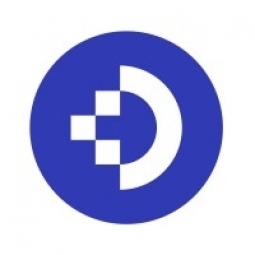DocuWare
Case Studies
BIFAB: Collective Memory for Knowledge Experts
Overview
 |
BIFAB: Collective Memory for Knowledge ExpertsDocuWare |
Application Infrastructure & Middleware - Data Exchange & Integration | |
Business Operation | |
System Integration | |
Operational Impact
| The introduction of DocuWare has meant that previously inaccessible information stored in card indexes can now be viewed by everyone, making searching for information much easier and faster. | |
| New publications can now be created much more quickly using the latest information, thereby fulfilling the exacting requirements of customers. | |
| Access for external employees and freelancers to the archive via the Internet has created a high degree of flexibility in the work organization through the use of teleworkers. | |


